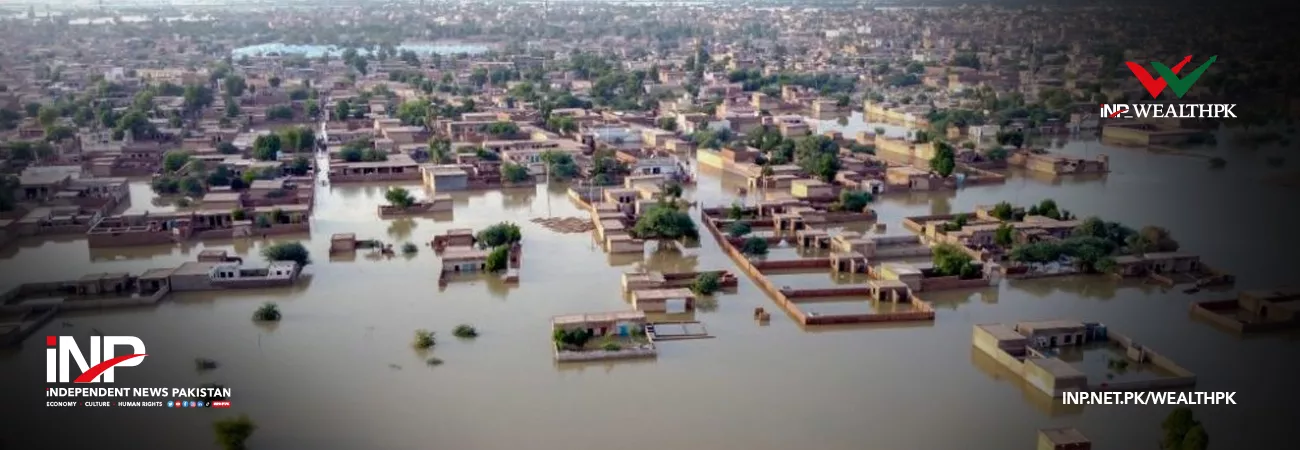INP-WealthPk
Ayesha Saba
The Ministry of Planning, Development and Special Initiatives is working hard to implement the Resilient Recovery, Reconstruction and Rehabilitation Framework (4RF) in flood-affected areas of Pakistan after the successful pledges of $10.9 billion at a recent donors’ conference in Geneva. Secretary of Planning Zafar Ali Shah told WealthPK that effective flood relief and recovery requires a coordinated effort involving the government, local communities, and international organisations. He said the government of Pakistan is seeking help from the global community to support the relief and recovery process. The Asian Development Bank (ADB), the European Union (EU), United Nations Development Programme (UNDP) and the World Bank are fully committed to working with the government and people of Pakistan during the ensuing recovery phase and to increase the country’s climate resilience.
“Multilateral and bilateral agreements at the Climate Change Conference will give Pakistan a new landing. A 40-year loan has been received from the World Bank for the flood recovery and rehabilitation programme. We will have to pay an interest rate of 1% on this soft loan. Funds will begin to flow to Pakistan next month. About $1.5 billion has already been spent on flood recovery and rehabilitation,” he said. The official said that prior to floods, Pakistan’s economy was already facing a difficult situation. “Floods have disproportionately affected the households in the poorest districts, as well as segments of the country where human development results were already low before the floods,” he pointed out. “The government is keenly working on strategic recovery objectives and strengthening governance and capacity to restore the lives and livelihoods of the affected people, particularly in the most vulnerable areas of Pakistan.
A recovery and reconstruction cell will also be established at the Ministry of Planning for future disaster planning,” said the official. Shah said the government is taking prudent steps for the development of the poorest districts with the main objective of promoting inclusive growth and equitable development through targeted investment in infrastructure and human capital development. “It is imperative that we invest in building human capital and resilience, particularly in rural areas of Sindh and Balochistan provinces, where much of the devastation occurred,” he emphasised. The official said the majority of projects will be executed by the provinces in their relevant sectors like the ML-1 project which will be executed by the Pakistan Railways.
The railway track has also been badly affected in the floods. “As the country recovers from this terrible disaster, there is an opportunity to do things differently and to create a better future, especially for areas of the country that had not benefited from the development for the last two decades,” he said. Shah said swift action is needed for a paradigm shift to build systemic resilience to natural hazards in development planning and asset management. In this backdrop, he said, 4RF would be materialised in three phases: short-term (up to one year); medium-term (up to three years); and long-term (up to five to seven years).
Credit : Independent News Pakistan-WealthPk




